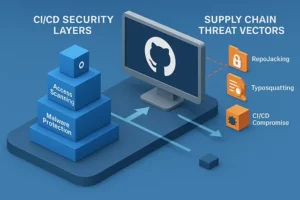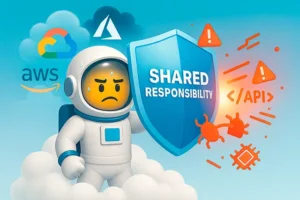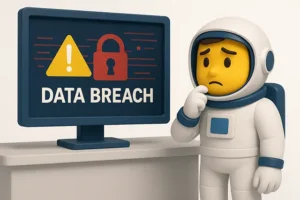Tokenized Gaming: Exploring the Intersection of Blockchain and Gaming for Enhanced Virtual Economies
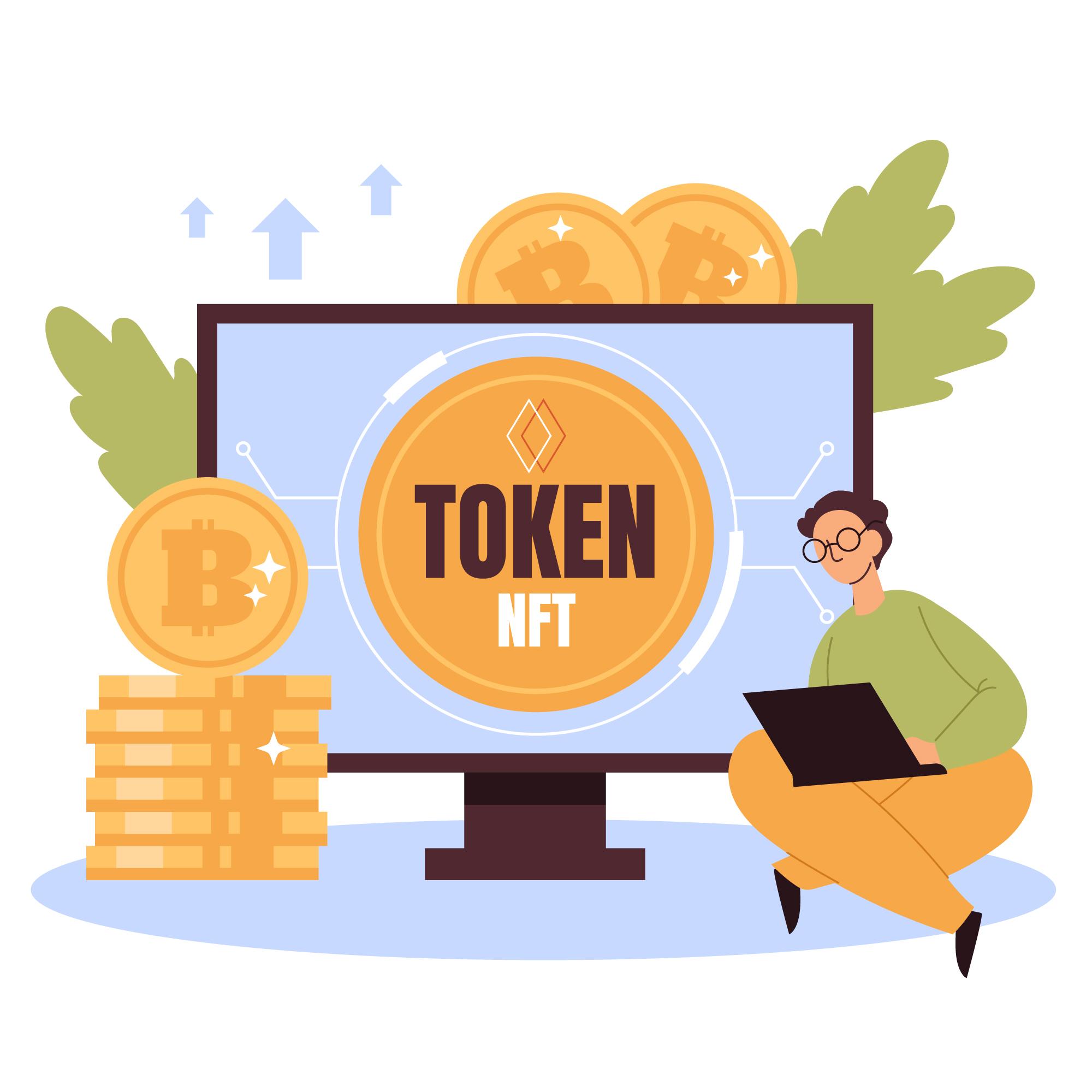
Tokenized gaming has emerged as a revolutionary concept at the intersection of blockchain technology and the gaming industry. In this article, we will delve into the potential of tokenized gaming and how it is transforming the landscape of digital games. By exploring the integration of blockchain technology and gaming, we aim to understand how this innovation is enhancing virtual economies and revolutionizing the way players interact with virtual assets.
See also : Defi Development Company: Unlocking the Potential of Decentralized Finance
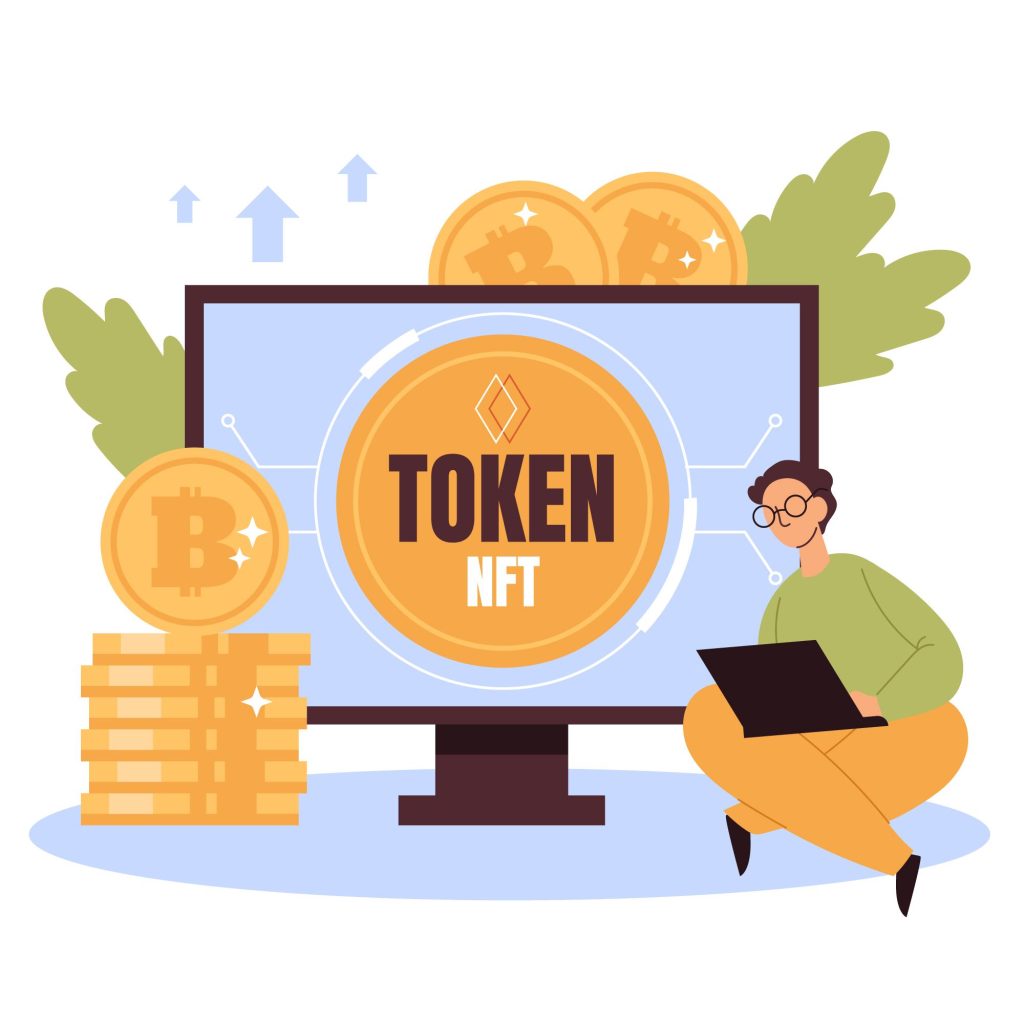
I. Understanding Tokenized Gaming
A. Defining Tokenized Gaming
Tokenized gaming refers to the practice of utilizing blockchain technology to tokenize in-game assets and create verifiable ownership records. These assets, represented by non-fungible tokens (NFTs), can be traded, sold, or used across multiple gaming platforms. This process allows players to have true ownership and control over their virtual possessions.
B. The Role of Blockchain in Gaming
Blockchain provides a decentralized and transparent infrastructure for tokenized gaming. It ensures that ownership records and transactions are secure, immutable, and tamper-proof. By utilizing smart contracts, blockchain enables automated execution of transactions, eliminating the need for intermediaries and enhancing trust among players.
C. Advantages of Tokenization in Gaming:
- Asset Ownership and Interoperability: Tokenization enables players to truly own their in-game assets, which can be seamlessly transferred between games or platforms, fostering interoperability and expanding the possibilities for asset utilization.
- Scarce and Unique Virtual Items: Tokenization allows game developers to create limited-edition and unique virtual items, fostering scarcity and exclusivity. This scarcity increases the value of virtual assets and stimulates a secondary market where players can trade or sell their items.
II. Enhancing Virtual Economies
A. Building Decentralized Economies:
- Player Empowerment: Tokenized gaming gives players the ability to monetize their skills, time, and efforts by earning tokens or in-game rewards that hold real-world value. This empowers players to actively participate in the game’s economy and have a stake in its success.
- Community Engagement and Collaboration: Tokenized gaming fosters a sense of community and collaboration among players. They can engage in collective decision-making processes, such as voting on game updates or participating in decentralized autonomous organizations (DAOs). This involvement enhances the sense of ownership and encourages the development of player-driven economies.
B. Innovations in In-Game Economies:
- Player-driven Marketplaces: Tokenized gaming enables players to trade, buy, or sell in-game assets directly on decentralized marketplaces. This peer-to-peer exchange of assets allows players to set their own prices and negotiate transactions, creating a dynamic and player-centric economy.
- Play-to-Earn Mechanisms: Through tokenized gaming, players can earn tokens or rewards by actively participating in the game, completing quests, or achieving milestones. This play-to-earn model incentivizes engagement, creating a sustainable economic ecosystem within the game.
C. Impact on Game Developers:
- Sustainable Revenue Models: Tokenized gaming opens up new revenue streams for game developers. They can earn a percentage of transactions that occur on their platforms or create premium in-game items that players can purchase with tokens.
- Enhanced Player Retention and Engagement: Tokenized gaming increases player engagement and retention by offering a tangible value proposition. Players are more likely to invest time and money in games where they can truly own and benefit from their in-game assets.
III. Challenges and Future Outlook
A. Regulatory Landscape:
- Legal and Regulatory Considerations: Tokenized gaming operates in a relatively unregulated space. The legal and regulatory frameworks need to catch up to address issues such as taxation, fraud, and consumer protection.
B. Scalability and User Experience:
- Scalability Challenges: As tokenized gaming gains popularity, scalability becomes a concern. Blockchain networks may face limitations in handling a large number of transactions and maintaining low transaction fees. Scalability solutions, such as layer 2 protocols, are being developed to address these challenges.
- User Experience: The user experience of tokenized gaming platforms is crucial for mainstream adoption. Improvements in user interfaces, transaction speed, and cost-efficiency are needed to provide a seamless and user-friendly experience.
C. Environmental Impact:
- Energy Consumption: Blockchain networks, especially those utilizing proof-of-work consensus mechanisms, require substantial energy consumption. This has raised concerns about the environmental impact of tokenized gaming. Transitioning to more sustainable consensus mechanisms, such as proof-of-stake, can mitigate these concerns.
- Green Initiatives: Initiatives are being undertaken to explore greener alternatives for blockchain networks. Some projects are exploring the use of renewable energy sources or offsetting carbon emissions associated with blockchain operations.
D. Future Outlook:
- Interoperability and Cross-Platform Integration: The future of tokenized gaming lies in achieving seamless interoperability between different games and platforms. Cross-platform integration will enable players to use their virtual assets across multiple games, enhancing their utility and value.
- Integration with Emerging Technologies: Tokenized gaming can further evolve by integrating with emerging technologies such as virtual reality (VR) and augmented reality (AR). This integration can create immersive and interactive gaming experiences, unlocking new possibilities for tokenized assets.
- Mainstream Adoption: As the infrastructure improves and regulatory frameworks become clearer, tokenized gaming has the potential to gain widespread adoption. Mainstream players, developers, and investors can embrace this innovative paradigm and explore the opportunities it presents.
Conclusion
Tokenized gaming has emerged as a groundbreaking concept, leveraging blockchain technology to transform the gaming industry and enhance virtual economies. By tokenizing in-game assets, players can have true ownership, participate in player-driven economies, and experience new revenue models. However, challenges such as scalability, user experience, regulatory considerations, and environmental impact need to be addressed for widespread adoption. The future outlook for tokenized gaming is promising, with advancements in interoperability, integration with emerging technologies, and the potential for mainstream adoption. As the intersection of blockchain and gaming continues to evolve, tokenized gaming has the potential to reshape the gaming landscape, empower players, and revolutionize the concept of virtual economies.
And for those of you who want to grow your Instagram account, you can directly use our service free instagram followers and you can like your post on instagram with Free instagram likes feature
